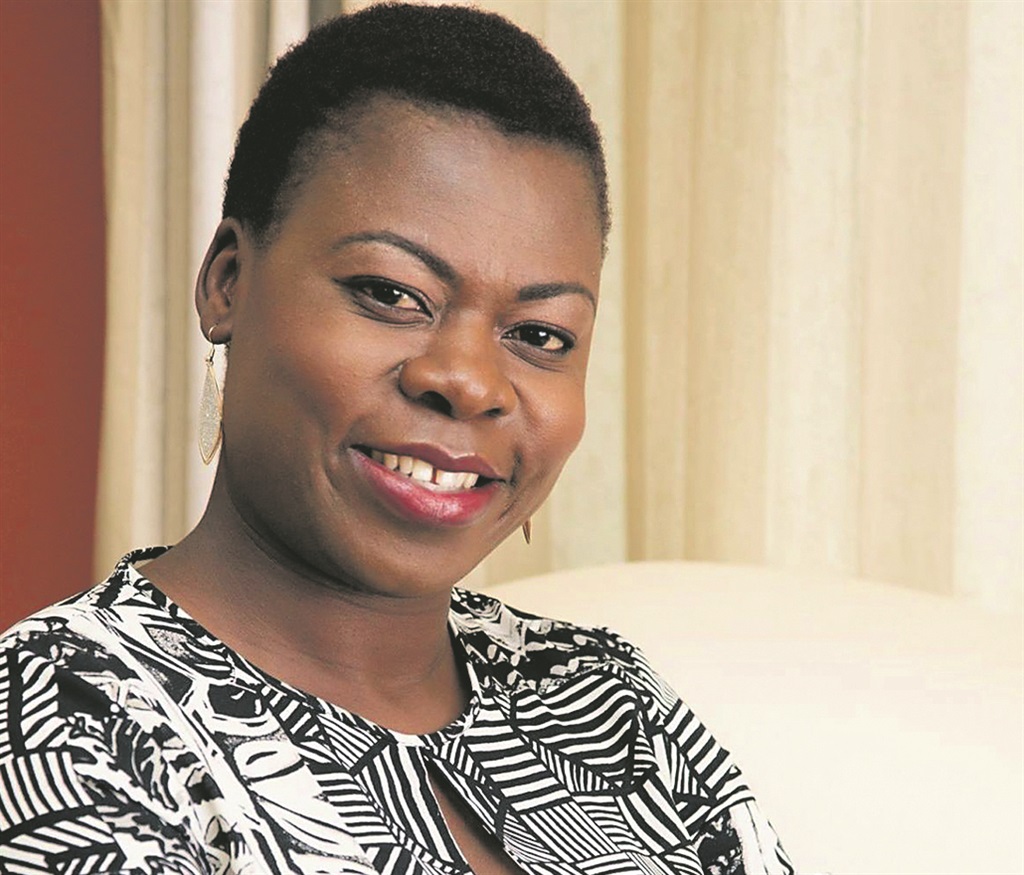
We make most of our money decisions based on how we feel – so if your dominant emotions are negative, you are unlikely to make healthy financial decisions.
When we talk about managing money, namely financial control, financial planning, financial products, financial knowledge and understanding, the focus is usually on the hard skills and “how-tos” of budgeting, debt reduction, saving and investing, expanding your income and charitable giving.
Yet even though many of us know the how-tos, we remain stuck with financial results we do not want. We often avoid talking about soft skills around personal finance management and how we feel about money. Many of us have not been schooled around our emotions, hence we lack both financial literacy and emotional literacy.
Our emotions are what drive us daily – our actions and inactions are driven by how we feel, and financial behaviours are no exception. Most people make financial decisions based on how they feel, even though they are ignorant of their emotions. These emotions can be future based, with fear or anticipation of what could happen, or based on past money experiences.
These are emotions such as guilt, shame, anger and resentment, and we have feelings about money even before we can rationalise about it.
Your beliefs and deep-seated emotions around money are often formed by the age of six and depend on how money was handled in your household in formative years. And what this means is that if the experience you had with money was negative, and you did not respond positively to that experience, you have an emotional debt.
When we are old enough to make financial decisions, our subconscious mind, or emotional memory, is already running the show, so we organise our financial decisions around our emotional debt.
You may have heard people say: “I don’t want my children to go through what I went through”, or “I do not want to eat this type of food because I ate too much of it when I was growing up”.
While these are not bad sentiments, per se, we make negative financial vows without realising it. We organise our financial decisions based on that, and not because we are in a peaceful emotional state.
This is compensatory behaviour for what we never had or what we have that we want to maintain, even though our lives may have changed.
Most people live their lives and make their financial decisions based on what they are trying not to do instead of what they are trying to do.
Such an outlook on life may lead people to live beyond their means, leading to financial debt
because they are avoiding something in their past, and all this does is create further negative emotions around money.
We have to pay off our emotional debt before
we can pay off our financial debt. Emotions buried alive do not die, so one has to understand what emotions drove us to where we find ourselves and
how to release them if they are leading to negative financial behaviours or creating financial results we do not like.
- Become aware of the past emotions that are controlling your financial behaviour today.
When you become aware and an active observer of your life, you cannot help but change for the better. You become aware by visiting your money story, evaluating how healthy the relationship you have with money is and assessing how your personality influences your financial decisions. Exploring your relationship with money will unearth your money values and beliefs, and you’ll be able to assess if they are serving you.
2. Have a financial vision.
Your financial vision should answer the basic questions: your why, what, where, when, who and how.
Many people struggle with insecurity around money and the reason is because they do not have a financial vision.
A financial vision provides grounding, direction and clarity. When you know what you want to do, you are motivated and become creative.
Clarity leads to action wherever you are on the money cycle, whether it is recovery, earning more, managing it, investing it or protecting it
Ureke is a human-behaviour specialist and author of Managing Emotions for Financial Freedom: The Invisible Forces Driving Your Money Habits.
For more, visit emotions4success.com




 Publications
Publications
 Partners
Partners








